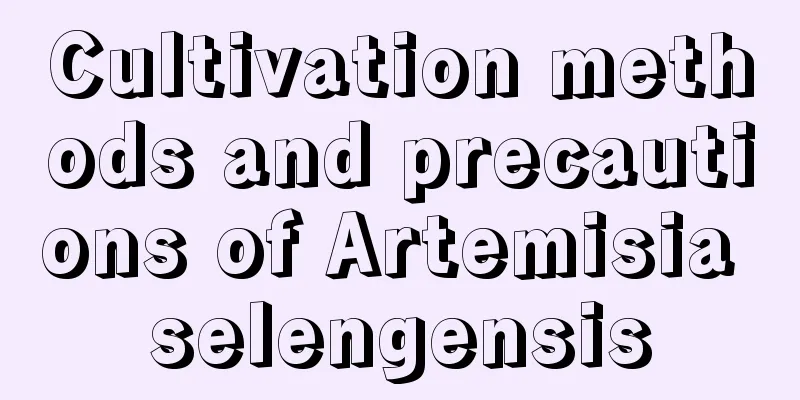Firewood, rice, oil, salt, sauce, vinegar and tea, raising people and flowers

1. Prevent diseases and pestschiliStir chili and water in a weight ratio of 1:10, then boil for 30 minutes and take the filtrate for spraying. Function: It can effectively prevent aphids and stink bugs. Sichuan peppercornMix peppercorns and water in a weight ratio of 1:10, boil, and divide into 5 portions. When using, add water and spray in a ratio of 1:10. Effect: This can effectively prevent and control whiteflies and aphids. gingerTake a piece of ginger, mash it and squeeze out the juice, then dilute the juice and water in a ratio of 1:20. Function: Spraying potted flowers can effectively prevent and control rot diseases. onionMash the green onion, add water in a ratio of 2:1.5, filter and use for spraying. Function: It can effectively prevent and control aphids and powdery mildew. garlicMash the garlic, add an equal amount of water and mix well, then add three times the amount of water to dilute the spray. Function: It can effectively prevent and control powdery mildew, gray mold, root rot, as well as aphids, red spiders and other mollusks. Chinese chivesMash the leek, add 10 times water to dilute it, take the filtrate and spray it. Function: It can effectively prevent and control rust and aphids. 2. Watering wiselyWood ash waterAdd water to the wood ash, filter it thoroughly, and use the extract to water the flowers. Function: It has a good effect on flowering and fruiting plants, and can promote bright flowers and large fruits. Rice washing waterPut the rice water into an empty jar to ferment. After fermentation, add 1 part of rice water to 4 parts of clean water, dilute and stir, and water the flowers. Be careful not to pour the water on the leaves when watering. Function: Rice water contains nitrogen and other trace elements, is easy to obtain, has a mild fertilizer effect, and is very suitable for home use. rainwaterWhen it rains, you can use a bucket to collect rainwater. Using rainwater to water flowers can have many benefits. Function: Rainwater is used to water flowers, which is beneficial to promote the assimilation of flowers, extend the cultivation period, and improve the ornamental value. Flowers that prefer acidic soil especially prefer rainwater. Fish tank wastewaterUsing old water from the fish tank to water the flowers (the water in the fish tank used to raise fish) is a good measure that not only saves water but also fertilizes the soil. Function: The residual chlorine in the stale water has volatilized and will not cause harm to the flowers. At the same time, the fish excrement in it can be transformed into organic fertilizer for flowers and trees, which can promote the growth of flowers. Apple peel extractSoak the peeled apple peels and cores in cold water, and use the extract to water the flowers. Function: Regularly watering flowers with apple peel extract can effectively reduce the alkalinity of the potting soil and promote plant growth. 3. Skillful FertilizationWaste peanuts, beans and other grainsRich in nitrogen fertilizer. Moldy and inedible grains such as peanuts, beans, melon seeds, etc. are rich in nitrogen fertilizer. Do not throw them away. They can be used as base fertilizer after fermentation, or soaked into a solution for use as topdressing, which can promote the healthy growth of flowers. Fish bones, bones, egg shellsContains rich phosphorus fertilizer. Remove fish bones, broken bones and egg shells. Mix chicken feathers and other waste materials into old culture soil, add water, put them into a plastic bag and place them in a corner. After a period of composting, they can become excellent organic fertilizer. Function: Use these fertilizers as topdressing to make flowers colorful and fruits abundant. Tea LeavesRich in potassium fertilizer. Leftover tea water, rice washing water, wood ash water, and water used to wash milk bottles are all excellent potassium fertilizers and can be used directly to water flowers. They can not only maintain soil moisture, but also add nutrients to plants, promote the development of the root system, and effectively improve the plant's disease resistance. Function: Can be used to supplement potassium for plants! Potassium can enhance the plant's tolerance to various adverse conditions, such as drought, low temperature, salinity, pests and diseases, and lodging. |
<<: In September, these 13 woody flowers are most suitable for cuttings, don't miss them
>>: Do you want a waterfall formed by grapes?
Recommend
Can peony be placed in the bedroom?
1. Can it be placed in the bedroom? It is not app...
How to turn your flowers into blooming machines, so that there are so many flowers that you can never cut them all!
Kalanchoe 1. Re-cutting of branches 1. Re-cutting...
When is the harvest season for white sweet potatoes? What month is the harvest season?
White sweet potato harvest time White sweet potat...
Are grapevines shade-loving or sun-loving plants?
Do grapevines prefer shade or sun? Grapevines are...
Key points of peach tree management technology in June
With the arrival of June, peach trees enter the c...
Cultivation methods and precautions of Lanyu cinnamon
Lanyu cinnamon is very easy to grow. To grow it, ...
Is planting honeysuckle profitable? The cost and profit of planting one acre
Is it profitable to grow honeysuckle? Honeysuckle...
How to propagate Emerald Philodendron
1. Method The most common way of propagating this...
Smooth Sailing sowing steps, Smooth Sailing other propagation methods
1. Sowing steps 1. Obtain seeds: Before sowing an...
What are the cultivation methods and precautions of Luweihua
Introduction to Rose Lophatherum, also known as t...
How to make and use lotus fertilizer
Lotus flower fertilizer The commonly used fertili...
Ginkgo cutting time and method, can the ginkgo branches survive?
1. Cutting time There are two types of ginkgo cut...
The difference between trumpet creeper and kapok
1. Different tree shapes Trumpet creeper is a cli...
What fertilizer is good for green radish? What fertilizer is good for green radish?
1. Rice washing water Using fermented rice water ...
Onion seedling planting method and time planting method and steps introduction (full)
Suitable time for planting onion seedlings Onion ...









